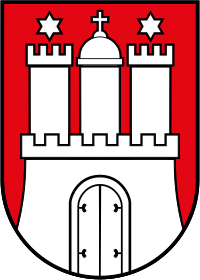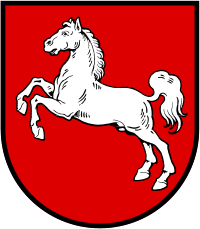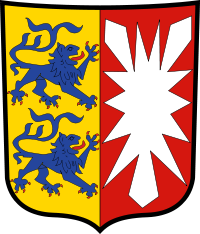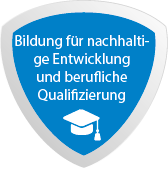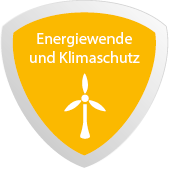Die nachfolgenden Inhalte stammen aus dem Kooperationsprogramm "North Sea" (Version 1.2).
Kurzbeschreibung
This measure focuses on the reduction of greenhouse gas emissions and energy consumption through eco-innovation and local pilot projects.
Förderziel
Promote the development and adoption of products, services and processes to accelerate greening of the North Sea Region economy.
Fördergegenstände
Ausstattung, Versorgungsinfrastruktur, Bauliche Maßnahmen, Demonstrations-, Modell- und Pilotvorhaben, Produktentwicklung, Markteinführung, Sachinvestitionen in Umweltschutzmaßnahmen, Vernetzung, Kooperation, Wissenstransfer
Zuwendungsempfänger
This list of beneficiaries is non-exhaustive. Please check if your particular organization is eligible or ask your National Contact Point.
- Public authorities and their agencies – National, regional, municipal and local administrations, regional development agencies, industrial parks and incubators, regional environmental agencies etc.
- National and European interest organisations and institutes.
- Knowledge institutions – Universities, colleges, research centres, technology centres, providers of professional training, schools, consultants, cluster managers etc.
- Enterprises – Including social enterprises and with a particular focus on small and medium sized enterprises.
- Civil society – Associations, NGOs, charities, community organisations etc.
Förderfähige Gebietskulisse
The programme area encompasses in Germany Bremen, Hamburg, Schleswig-Holstein as well as the NUTS-2-regions Braunschweig, Hannover, Lüneburg und Weser-Ems.
Further countries in the programme area are Dänemark, Norwegen as well as certain regions in the Niederlande, Belgien and the Vereingtes Königreich. A list of the regions can be found here: Link.
Art der Unterstützung
Non-repayable grant
Beschreibung
Actions are assigned to Programme-Part "Thinking growth".
The NSR also remains a major source of carbon emissions and other Greenhouse Gases (GHGs) and must continue to reduce energy consumption and convert energy production as far as possible to renewable sources. In addition to climate benefits, these activities will contribute to reduced reliance on imported fuels and promote green innovation. Previous projects have shown that local and regional pilot actions can identify new approaches and build stakeholder support for them, and that transnational cooperation can be used to improve the design and implementation of such pilots.
Examples of actions include:
- Development of new technologies and approaches.
- Demonstration and increased use of existing technologies.
- Better planning, smarter use of existing capacities and resources.
- Behavioural change.
- Knowledge exchange.
- Collaborative innovation between public authorities, businesses, knowledge institutions and citizens.
For more detailed information please consult the cooperation programme (pp. 53-58).
Auswahlverfahren
Comprehensive Information on the application assessment process is available under the following Link.
Projektauswahlkriterien
Participation in the programme is not limited to specific types of organization/institution and will rather be decided based on:
- The ability of a partner to contribute to the outputs and results identified for the specific objective.
- The extent to which the partnership can influence development in the wider programme area (i.e. not just a local effect).
- The overall balance of the partnership in terms of geography, expertise and competence (are the participating organisations able to influence the theme?).
- The ability of the partners to live up to the formal requirements for the programme.
The criteria and guidelines for the selection of projects can be found on pp. 58-60 of the cooperation programme. Additional information on speific types of projects e.g. testing and training, investment and pilot action, best practice, new models, strategies and so forth are available on pp. 22-24.
Laufzeit
Start der Maßnahme: 01.01.2014
Ende der Maßnahme: 31.12.2023


